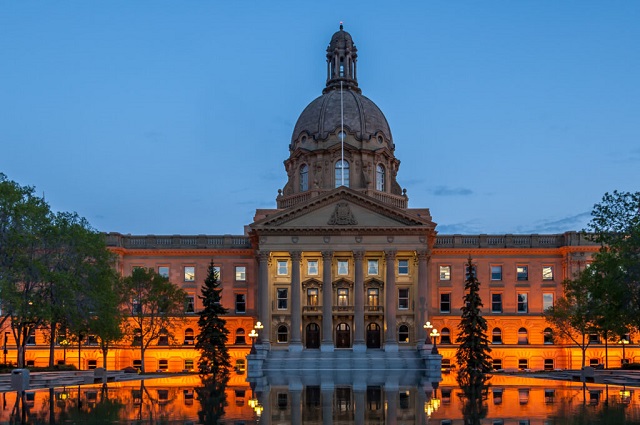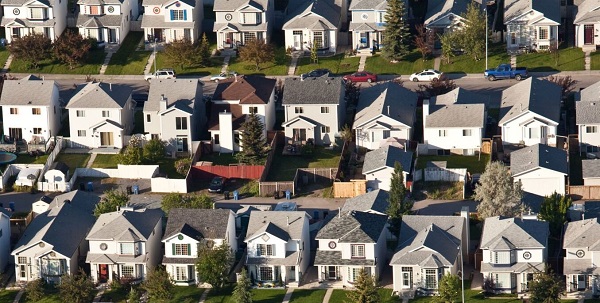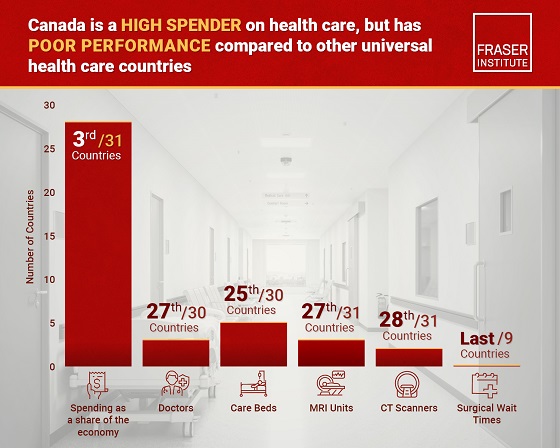Without amendments to Alberta’s Public Health Act, Alberta’s Chief Medical Officer of Health (CMOH) is now in a position to exercise near-absolute power over the lives of millions of Albertans, for an indefinite period of time, if he or she determines that a public health emergency exists. This dangerous situation has been exposed as the result of the Alberta Court of King’s Bench interpretation of the Public Health Act in Ingram v. Alberta (Chief Medical Officer of Health), 2020 ABQB 806 (CanLII).
Two aspects of the Public Health Act, as interpreted in the Ingram court ruling, are particularly troubling.
First, the Court ruled that elected representatives should have no effective oversight over health orders that violate the fundamental Charter freedoms of conscience, religion, expression, association and peaceful assembly. Implicitly, the Court appears to have ruled that the CMOH may, without any oversight from legislators, also violate the Charter right to bodily autonomy and privacy by way of vaccine mandates, which impose second-class citizenship on those who decline to get injected.
Second, the Court in its lengthy Ingram ruling fails to mention, let alone analyze, the abundant evidence placed before it about the massive harms that lockdowns inflicted on citizens. Without bothering to review the evidence of serious harms to the mental, physical, psychological, spiritual and financial well-being of vulnerable people, Justice Barbara Romaine simply states her general impression that the health orders that violated Charter freedoms had salutary benefits that outweighed their deleterious effects. This is an abject failure of the Court to apply Section 1 of the Charter, which requires judges to insist that governments justify any violation of Charter rights and freedoms “demonstrably” with persuasive evidence.
Justice Romaine did not properly apply the test laid down by the Supreme Court of Canada in R. v. Oakes, 1986 CanLII 46 (SCC), which includes a requirement that governments show that their violations of Charter rights and freedoms are actually doing more good than harm.
Declaring oneself to be the sole purveyor of “science” is contrary to science itself, because science is a process requiring humility, love for truth, inquiry, transparency and honest debate. It should not take a court action to obtain the actual information that governments rely on to justify restrictions on Charter freedoms; this info should be available to the public in real time.
The way to protect Albertans from medical tyranny is to amend the Public Health Act and other legislation such that the CMOH will be required to respect the scientific process of inquiry and debate, by transparently providing the public with all relevant scientific information and by facilitating wholesome and necessary debate about the costs and the benefits of any lockdown measures that violate any of our fundamental Charter rights and freedoms.
During the time of lockdowns and vaccine passports, the Alberta Government disregarded the constitutional principle of democratic accountability. Our constitution requires that prospective laws be debated, and come into force only after approval by a vote of elected representatives who are accountable to the people. For the better part of three years, MLAs abandoned to a significant degree their constitutional authority to make laws. MLAs refused to accept responsibility for the restrictions that drove many Albertans into unemployment, poverty, debt, bankruptcy, isolation, loneliness, depression and despair. Instead, while still retaining and exercising ultimate authority over lockdown measures (a key point in the Ingram decision), Alberta’s cabinet empowered the CMOH to speak new laws into force at news conferences. Accorded a level of deference akin to that enjoyed by medieval monarchs, the CMOH was not required to answer questions from elected representatives about the wisdom, the rationale or the consequences of ever-changing health orders.
To ensure that these egregious violations of civil liberties, human rights and constitutional freedoms do not occur in Alberta again, legislative reforms are in order.
Alberta’s Public Health Act should be amended to require that the CMOH disclose to the public at all times the specific assumptions, data, and sources for any modelling and for all health orders. The declaration of a public health emergency should be subjected to a free vote of the legislature, taken only after a thorough debate. The public health emergency should automatically expire 30 days after the vote, renewable for further 30-day periods only by subsequent votes, with each such vote taking place only after ample opportunity for public debate, both inside and outside of the Legislature.
The CMOH should be required by the Public Health Act to appear weekly before an all-party committee of MLAs, to answer questions and to provide information as may be requested, including all data, assumptions, studies and reports on which the CMOH is relying. If restrictions on Charter freedoms are truly based on sound evidence, then those who propose or impose these restrictions have nothing to fear from transparency and accountability.
Alberta’s Public Health Act should require the government to subject public health regulations and orders to an ongoing and comprehensive cost-benefit analysis. The government’s monthly reports should measure, explain and report on the specific impact of public health orders on mental health (alcoholism, drug overdoses, depression, spousal abuse, child abuse, suicide), on physical health (cancer, obesity, all-cause mortality) and on unemployment, bankruptcies, homelessness, and public debt. The government should also be required by law to monitor closely the quality of care received by seniors in long-term care facilities, including their right to receive frequent in-person visits from loved ones.
The right of every individual to choose to receive or not receive medical treatments (including a vaccine) should be added to the Alberta Human Rights Act by adding “medical status” as a prohibited ground of discrimination.
In order to ensure that scientific debate and inquiry are fully respected, legislation should require the College of Physicians and Surgeons of Alberta to respect fully the right of all doctors to research, write and speak freely. Doctors should not have to fear adverse consequences for expressing heterodox opinions about medical topics, or any other topics. Further, the Colleges must respect the doctor-patient relationship by neither compelling doctors to prescribe treatments nor prohibiting doctors from prescribing treatments. Doctors should not be conscripted into providing patients with a treatment regime that violates the doctor-patient relationship, including fully informed consent on the part of the patient.
Alberta’s Public Health Act should also provide that, upon conclusion of a public health emergency, a public inquiry must take place to review the government’s emergency-related policies, regulations and health orders, to determine what harms and what benefits resulted.
In light of the failure of courts in Alberta to uphold and protect our Charter rights and freedoms during a public health emergency, these legislative reforms are sadly necessary to protect Albertans from suffering egregious violations of their Charter rights and freedoms in future.

















